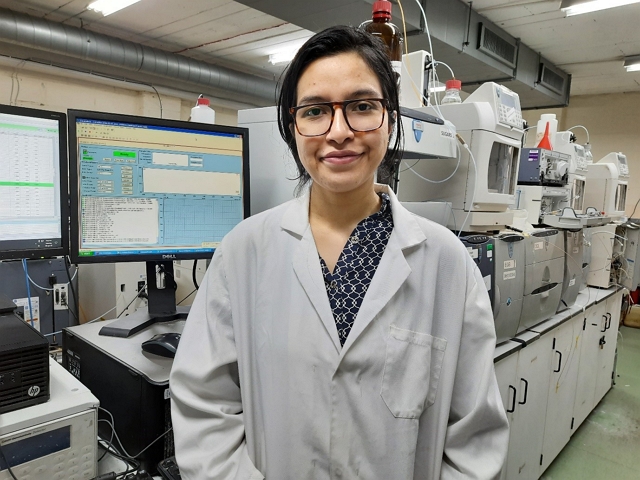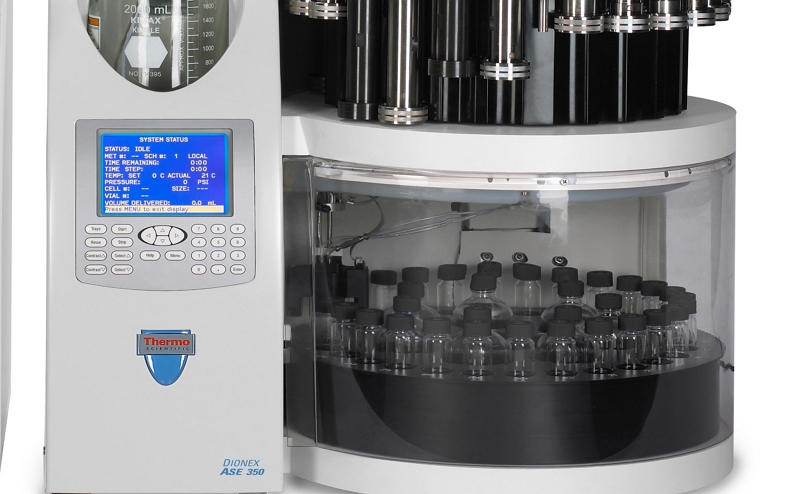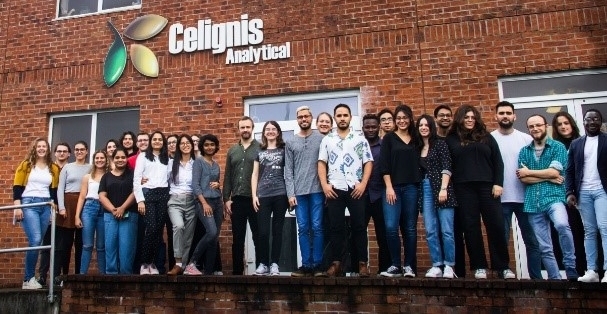Analysis of Alkaloids
Background
Alkaloids are a class of naturally-occurring organic compounds that contain at least one nitrogen atom.
They are primarily found in plants, but can also be found in certain types of fungi and bacteria. In plants they appear to
play a variety of roles, including deterring herbivores and inhibiting the growth of competing plants.
Structurally, alkaloids are quite diverse. They typically have complex, ring-shaped structures, but can vary greatly in size and shape. The chemical behavior of alkaloids is largely determined by the structure of the molecule, which includes one or more nitrogen atoms.
Alkaloids are well known for their physiological effects on humans and other animals. Many alkaloids have pharmacological effects and are used medicinally. For instance, they can act as stimulants, narcotics, or poisons. Some alkaloids are also used recreationally because of their psychoactive effects.
Structurally, alkaloids are quite diverse. They typically have complex, ring-shaped structures, but can vary greatly in size and shape. The chemical behavior of alkaloids is largely determined by the structure of the molecule, which includes one or more nitrogen atoms.
Alkaloids are well known for their physiological effects on humans and other animals. Many alkaloids have pharmacological effects and are used medicinally. For instance, they can act as stimulants, narcotics, or poisons. Some alkaloids are also used recreationally because of their psychoactive effects.
Listed below are a few examples of alkaloids and their effects:
- Morphine - Found in opium poppies, morphine is a powerful pain reliever used in medicine.
- Caffeine - Found in coffee, tea, and cacao, caffeine is a stimulant that reduces fatigue and increases alertness.
- Nicotine - Found in tobacco, nicotine is a potent parasympathomimetic stimulant that contributes to the addictive quality of tobacco products.
- Atropine - Found in deadly nightshade, atropine is used in medicine to dilate the pupils during eye exams, among other uses. It is also a powerful poison.
- Quinine - Found in the bark of the cinchona tree, quinine was the first effective treatment for malaria.
- Cocaine - Found in coca leaves, cocaine is a powerful stimulant that is often used recreationally for its psychoactive effects.
Alkaloids in Different Types of Biomass
Examples of some common alkaloids found in bark are provided below:
Get more info...Bark
- Quinine - This alkaloid, found in the bark of the cinchona tree, was the first effective treatment for malaria. It is also used as a flavoring in tonic water.
- Yohimbine - Found in the bark of the Yohimbe tree, native to Africa, yohimbine is used for its stimulant and aphrodisiac effects.
- Berberine - This alkaloid is found in the bark of the cork tree and the Oregon grape tree. It has been studied for its potential benefits in regulating blood sugar and cholesterol levels.
- Akuammicine - Found in the bark of the Picralima nitida tree (also known as the Akuamma tree), akuammicine has analgesic properties.
- Taxine - This is a group of alkaloids found in the bark (and other parts) of yew trees. Taxine alkaloids are highly toxic and can cause serious cardiac effects.
- Camptothecin - Found in the bark of the Camptotheca acuminata tree, also known as the "happy tree", camptothecin has demonstrated anti-cancer properties and is used as a chemotherapeutic agent.
Get more info...Bark
Examples of some common alkaloids found in roots are provided below:
Get more info...Roots
- Atropine - Found in the roots of plants in the nightshade family, such as Atropa belladonna (deadly nightshade). It has various medical applications, including as a treatment for certain types of poisonings and to dilate the pupils during eye exams.
- Reserpine - This alkaloid is found in the roots of Rauwolfia serpentina and other Rauwolfia species. It has been used in traditional medicines and also has modern medical uses, such as in the treatment of high blood pressure and some psychiatric disorders.
- Berberine - Found in the roots of plants like goldenseal and barberry, berberine has shown potential benefits for diabetes, cholesterol regulation, and other health conditions.
- Morphine - This potent opiate is found in the latex sap of the opium poppy's root system. It is used extensively in medicine for pain relief.
- Strychnine - Found in the roots of the Strychnos nux-vomica tree, strychnine is a potent poison that was formerly used as a pesticide.
- Vincristine and Vinblastine - These alkaloids are found in the roots of the Madagascar periwinkle (Catharanthus roseus). They are used in chemotherapy due to their ability to inhibit cell division.
Get more info...Roots
Examples of some alkaloids found in seeds are listed below:
Get more info...Seeds
- Morphine and Codeine - These alkaloids are found in the seed pods of the opium poppy (Papaver somniferum). Both are potent analgesics and are used in medicine for pain relief.
- Nicotine - This alkaloid is found in the seeds (as well as the leaves) of the tobacco plant (Nicotiana tabacum and related species).
- Strychnine - Found in the seeds of the Strychnos nux-vomica tree. It is a potent neurotoxin and can be lethal in high doses.
- Caffeine - Present in the seeds of several plants, including coffee (Coffea spp.), cacao (Theobroma cacao), and tea (Camellia sinensis). Caffeine is a stimulant and is the most widely consumed psychoactive substance in the world.
- Quinine - The seeds and bark of the Cinchona tree contain quinine. It has antimalarial properties and was historically the primary treatment for malaria.
Get more info...Seeds
Extraction of Alkaloids from Biomass
The extraction process, including the solvents and methods used, can influence the concentration and types of alkaloids present in the final extract.
It is often the case that a balance needs to be found between fully-extracting all alkaloids while also ensuring that the compounds that are
obtained are of a high quality and not degraded.
At Celignis we have extensive experience in the design and optimisation of extraction protocols for a wide variety of chemical constituents from many different biomass types. If needed we can also work on processes to separate and purify the target compounds.
Click here to read more about Celignis's Bioprocess Development Services for the extraction of chemicals from biomass.
Get more info...Biomass Extractions
At Celignis we have extensive experience in the design and optimisation of extraction protocols for a wide variety of chemical constituents from many different biomass types. If needed we can also work on processes to separate and purify the target compounds.
Click here to read more about Celignis's Bioprocess Development Services for the extraction of chemicals from biomass.
Get more info...Biomass Extractions
Analysis of Alkaloids at Celignis
We have the necessary equipment and expertise to determine the amount and distribution of alkaloids in
a wide variety of biomass samples.
Feel free to get in touch with us to request further information and a quotation.
Request a QuoteAlkaloids Analysis
Feel free to get in touch with us to request further information and a quotation.
Request a QuoteAlkaloids Analysis








